Risk vs. Reward: Exploring the ethics of resuming sports
At first, sports returned in dribs and drabs: UFC, NASCAR, Germany's Bundesliga. Soon, the plan goes, they'll be back en masse. Disrupted and displaced by the coronavirus, the NBA and NHL want to stage their playoffs through the summer at centralized sites. Shortened MLB and MLS seasons could follow, with the NFL and college football campaigns possibly beginning on schedule after that. The Premier League, La Liga, Serie A, and the National Women's Soccer League have already set June restart dates. There's money to salvage, fans to entertain, a gloss of normalcy to project.
That crowds won't attend games for a while is a given, but much is left to finalize before more of these comeback proposals become reality. What specific health and safety regulations will leagues enact? In which hub cities will the NHL set up shop? Can MLB's players and owners even hope to solve their compensation dispute?
Beyond logistics, though, a deeper dilemma shadows the whole exercise. Is it ethical for team sports to resume during a pandemic?
The implications of this question are myriad and serious. To return in the COVID-19 era, leagues need an abundance of tests and the willingness to keep playing through positive cases. Players and many other, older people will bear these health risks so that the show can go on. Viewers watching at home must square this knowledge with their desire to consume and enjoy the spectacle.
To explore these issues and more, theScore solicited the perspectives of four expert ethicists:
- Jack Bowen, the co-author of "Sport, Ethics and Leadership"
- Shawn Klein, a philosophy lecturer at Arizona State University
- Steven Mintz, a professor emeritus from California Polytechnic State University, San Luis Obispo
- Stephen Mosher, a sport studies professor at Ithaca College
Their thoughts, which they shared in separate conversations this week, have been condensed and edited for clarity.
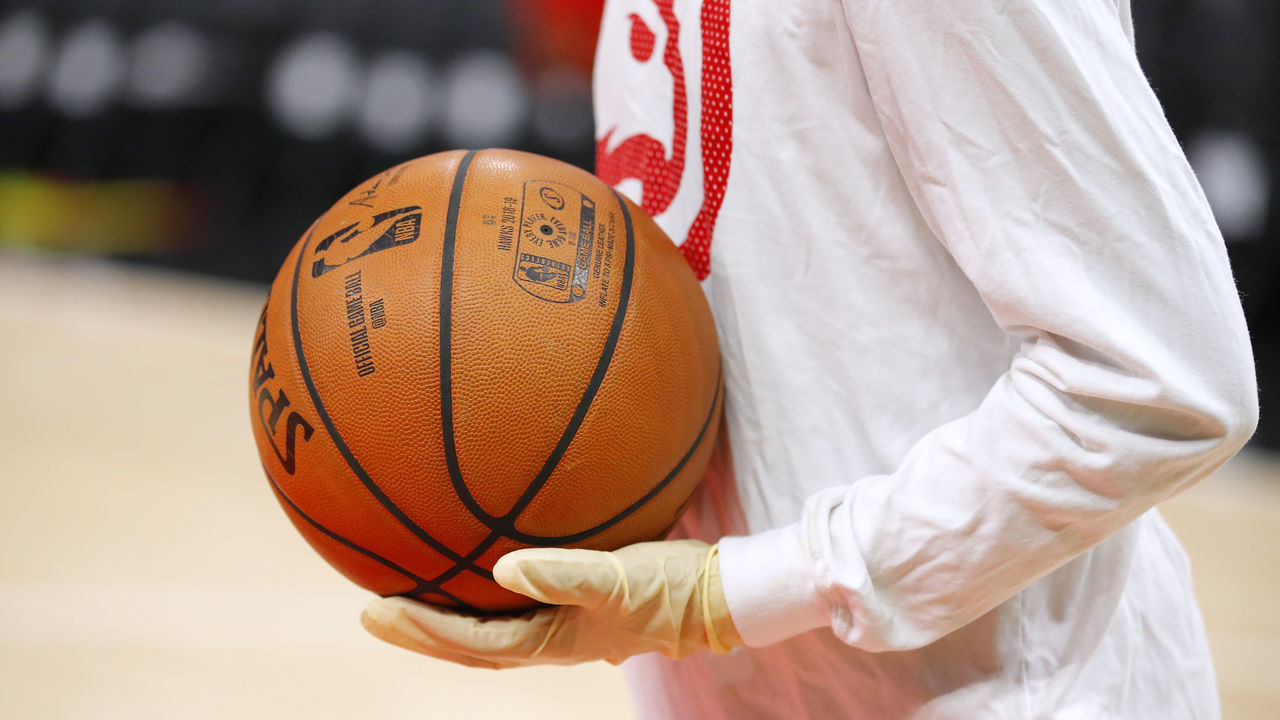
theScore: What do you think of the prospect that major team sports could resume in the next couple of months?
Bowen: On the one hand, players are freely engaging in this enterprise. (Leagues are) saying, "Here are the risks, and we've mitigated the risks, and we're following the directives." The players get to freely choose and decide whether or not they go out and play. It almost comes down to this core focus on liberty. But it gets interesting because there's certainly a tacit pressure to play.
You've got these pressures: the pressure of money, the pressure of being on a team, the pressure of being lambasted and mocked by society and fans. Now you have players feeling pressured to come out - and it's potentially very risky. Basketball (for example), that's a really risky venture. We've got people nervous about going to the market and being in the same aisle as someone 10 feet away with masks on. Now you've got people basically nose to nose aspirating in each other's faces.
Mintz: I think it's more important that the measures are put in place to protect the players, protect the public, rather than, "Is it (starting in) one, two, three months?" Things have to be done, like testing - at least once a day, maybe even more often. Contact tracing. Possibly (isolation) of players from others during the games. What stadium? How is that going to work?
The leagues have been dealing with these issues, but they're quite complex, and every possibility has to be thought out. My view is: better to be a little bit later in opening than opening too soon, and perhaps having some sort of an outbreak in the sporting event as a result.
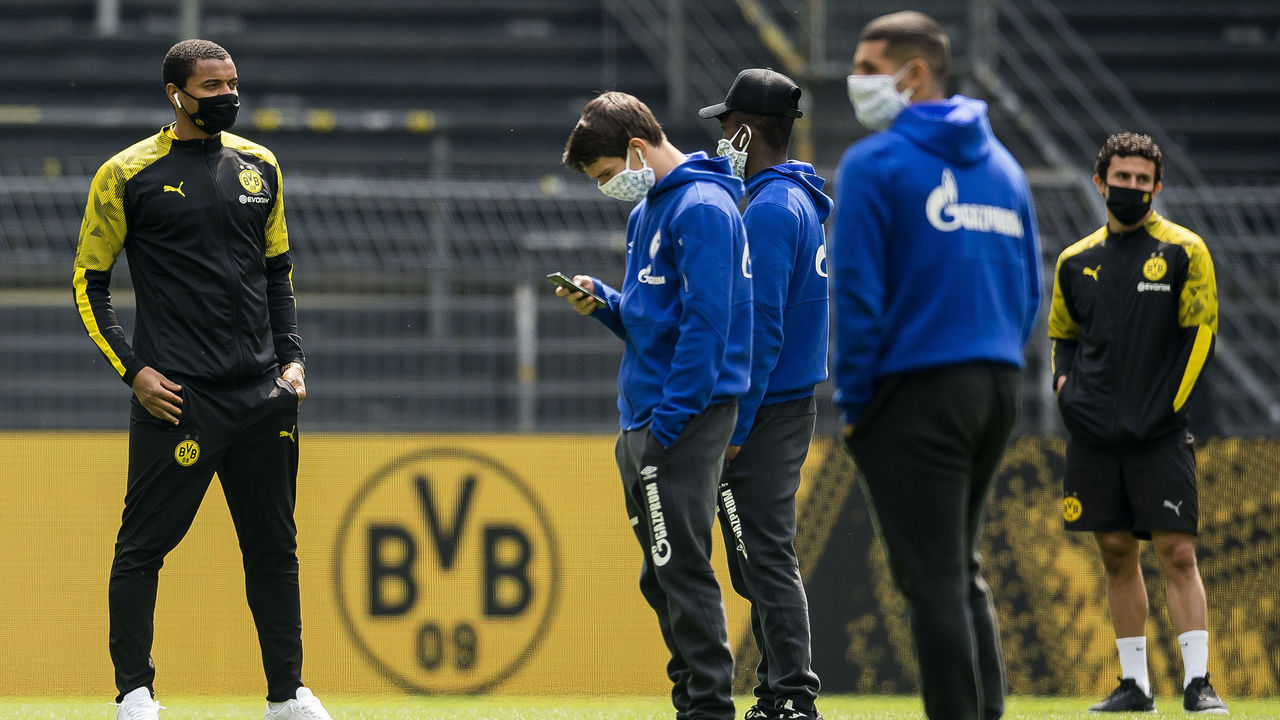
theScore: For sports to return, a range of people - players, coaches, officials, team personnel, outside workers such as hotel staff - may have to put themselves at elevated risk of contracting the virus. How should their well-being be weighed against the financial impetus to start playing again?
Mosher (all answers by email): Ethically speaking, this is a life and - possible - death situation. I would be completely supportive of any personnel who argue they are not willing to put themselves or their families in jeopardy. I would hope the unemployment system would also be supportive. However, I would also argue that the well-being of the players and support personnel has always been outweighed by the profit motive of the owners.
Klein: To some degree, that's each individual's weighing, in terms of their own risk tolerance, their own risk profile. I think for the players as a whole, or at least on average, they're in a demographic, being relatively young and healthy, (that has) a fairly low-risk profile in general. Obviously, individual players might have some kind of immune compromise or they might have diabetes - something that might put them in a different risk profile.
The managers, the other staff, obviously they tend to be a little bit older, so that might expose them to more risk. But at the same time, they're also able to engage in some of these precautions that the players can't do on the field or in training. Physical distancing is kind of out the door when you're talking about playing sports. Wearing masks is probably not healthy because of the amount of oxygen you need to take in if you're running. But the coaches and staff and others can certainly do that for the most part.
Bowen: A very good friend of mine just became president of a local private golf club. They started a very soft opening, abiding by county directives, where they opened up courses. His concern was: "Goodness. That's us now forcing maintenance workers to have to come back to this situation where they may not feel comfortable. There's a lot of pressure here because this is their job and their livelihood."
Again, we could say, "Hey, they're free (to make choices)." Who this cohort is is also really relevant. The people who are running the janitorial component of these (pro) stadiums, etcetera, are coming under different financial pressures than, likely, the players themselves. That's a real concern.
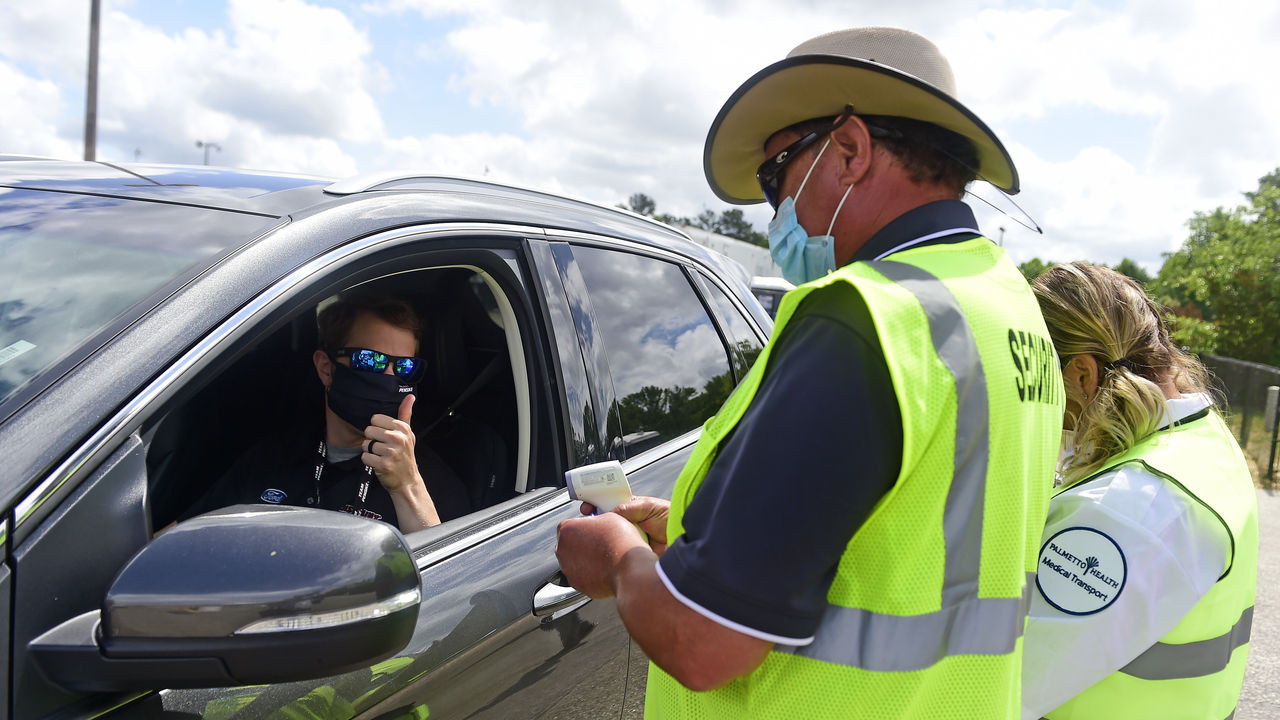
theScore: To return to play, leagues will test players and other personnel regularly, if not daily. If they're being asked to perform for our entertainment, maybe it's right that they receive that sort of privileged access to tests. On the other hand, leagues conducting that much testing could divert resources away from the public. How should decision-makers weigh that calculus?
Mosher: This is a deeply challenging question, not because it is hard - because it isn't. The hoarding of testing and other PPE (personal protective equipment) for elite athletes should never be weighed against the general public. Of course, the world of elite spectator sport has never taken into account the general welfare.
Mintz: I'd like to think by the time they would be tested - by the time the season started - we would have testing for everybody in society. By then, whether it's a month or two months or whatever, I don't think that issue of, "They get tests and we don't get tests, and they're somehow more valued by society," will be as (significant), especially when you throw in the dimension of the public interest in getting sports back: the good feeling that it gives. It even contributes to wellness and mental health.
I think more of a factor is whether the baseball league or the football league can get it done. Can they actually get the tests, administer the tests, do the contact tracing? There's competency that's involved. As long as they can live up to that standard, I think it's really fine.
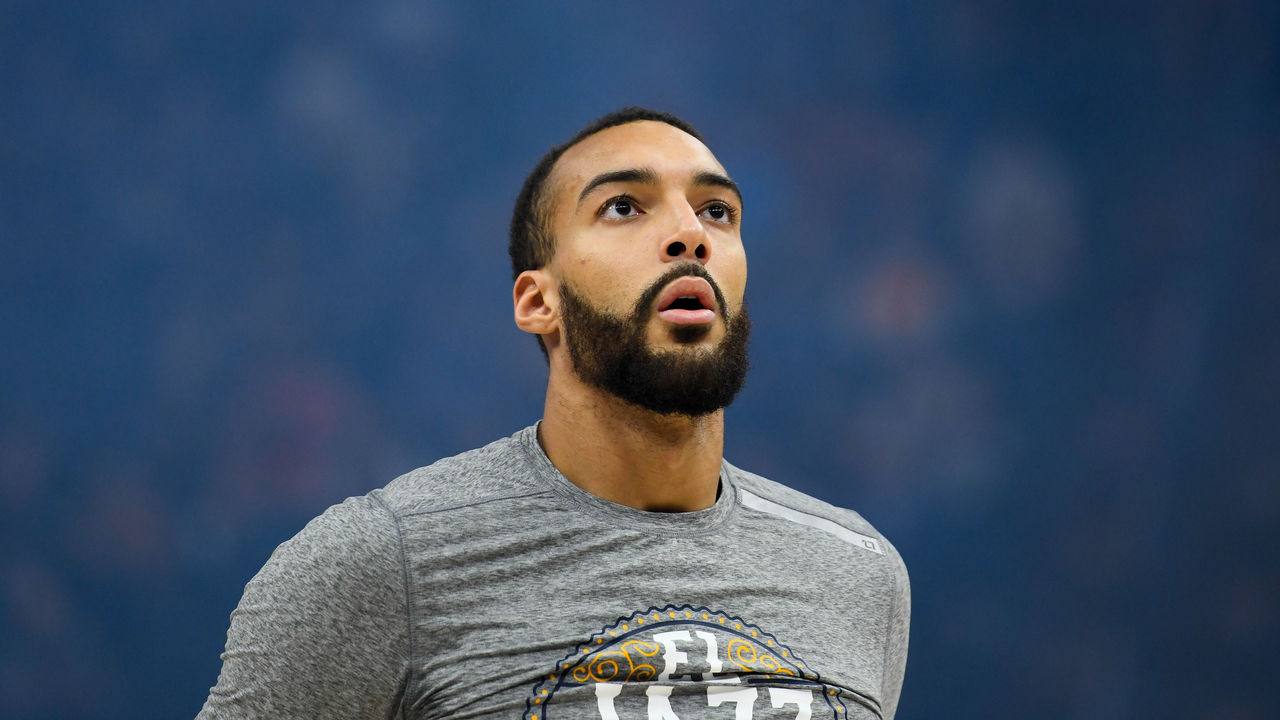
theScore: In March, the NBA shut down immediately after Rudy Gobert tested positive for COVID-19. The NHL, MLB, and college basketball followed suit the next day. Once sports return, positive tests likely won't impel leagues to automatically halt play again. Is it justifiable to continue playing if someone involved in the competition gets sick?
Mosher: For me, the answer is clearly no. But human reasoning is quite often neither logical nor moral.
Mintz: That's clearly one of the risks. That's why you have to immediately quarantine that person, test everybody else on the team or who has had contact with them. If they all test negative for the virus, I think, yeah, it's legitimate to go forward. If a team is worried about the legitimacy of going forward should that happen - if a player contracts the virus, or an official - then they shouldn't start in the first place.
I'm not talking about an outbreak where the whole team is down. Obviously, there, you have to stop in your tracks. But this has to be considered. The consequences have to be dealt with in advance. They should not restart unless they're willing to continue on with proper measures should there be a relatively minor outbreak.
Klein: When we go back to March, as little as we knew, it made sense, I think, at that point to postpone things when (the virus) started showing up. It seems now that with the amount of testing that (players are) going to be subjected to when they return, there will be (a) much higher ability to identify and then isolate those who might be exposed and carry it.
At this point, given what we seem to be learning about the virus, I think you can make a case for keeping them open even if there are positive tests. Now, if there's a whole team going down, that might change things. But I think if you have a few positive tests here, there, that seems compatible with continuing to play - if what we seem to know now continues.
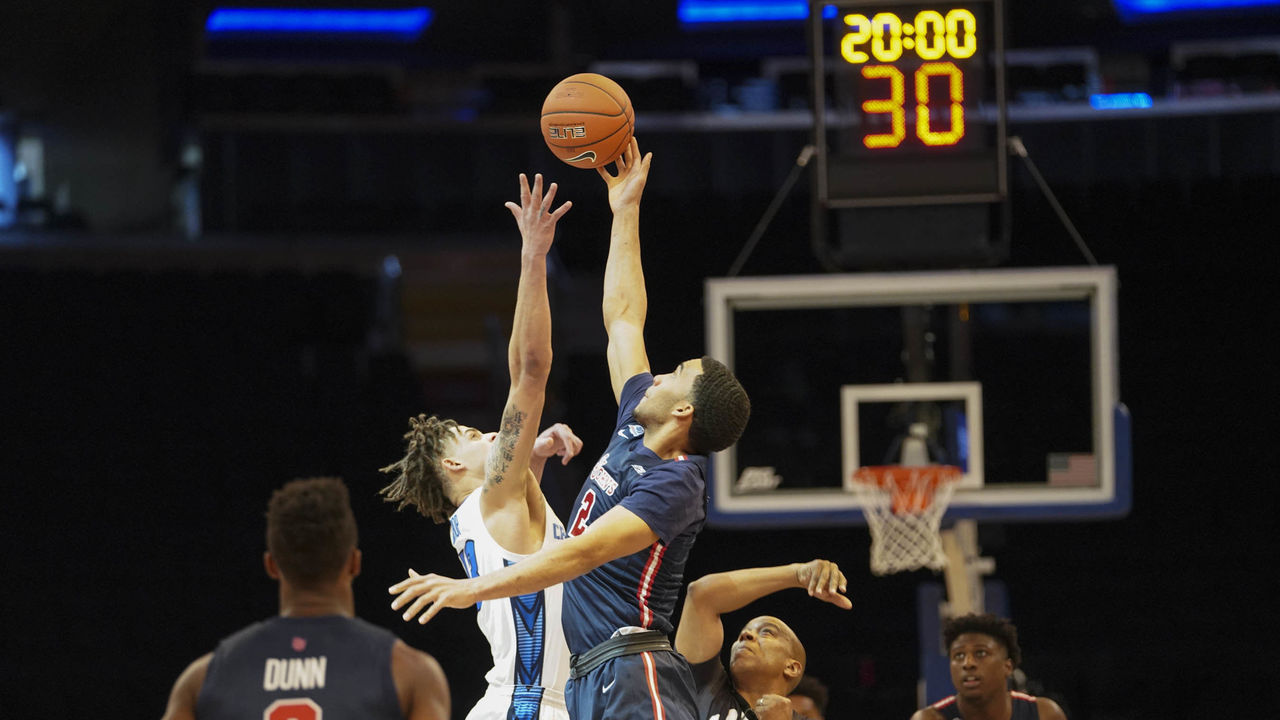
theScore: Compared to the pros, do colleges have a higher ethical bar to clear for staging sports since their athletes aren't paid?
Mosher: Since the above situations referred to situations where the players/laborers do have contractual obligations, the morality can become murky. However, colleges and public school sports are completely different situations, where the players/laborers are utterly dependent on the "adults" making decisions that protect them. Perhaps that's why the NCAA schools are still without anything resembling a plan.
Bowen: College-age kids are over 18 - it's really the only difference (between college sports and youth sports). They're still under the banner of an educational umbrella. Again, there are so many tacit pressures there for them to play, whether it's the (athletes in the) big sports trying to get to the pros, or scholarships. It seems to me that that's a relevant enough difference, where you could say, "We're not going to allow college, but we are going to let pros make that choice."
Klein: Maybe slightly higher, particularly if the schools are back in session. Then there's maybe a greater chance of spread through the school from the athletes. With professionals, they're in a tighter community and so their exposure might not bleed out.
I know some schools have announced that if they're not in session, if they aren't having in-person classes, they're not going to have the athletes playing. Other schools are going forward with that. I'm torn on that. They are student-athletes, and if you're not having (extracurricular) student programs going on, it's hard to see what the basis would be - other than financial - for the exceptions for athletes.
ASU never officially shut down. We went online, but everything was still officially open. In that kind of situation, maybe it's still OK to have the athletic programs open, as well.
Again, it's another moving target. There might be a slightly higher line that (colleges) need to cross just because of the kind of institution they are - their broader base and embeddedness in a community that the professionals might not have.
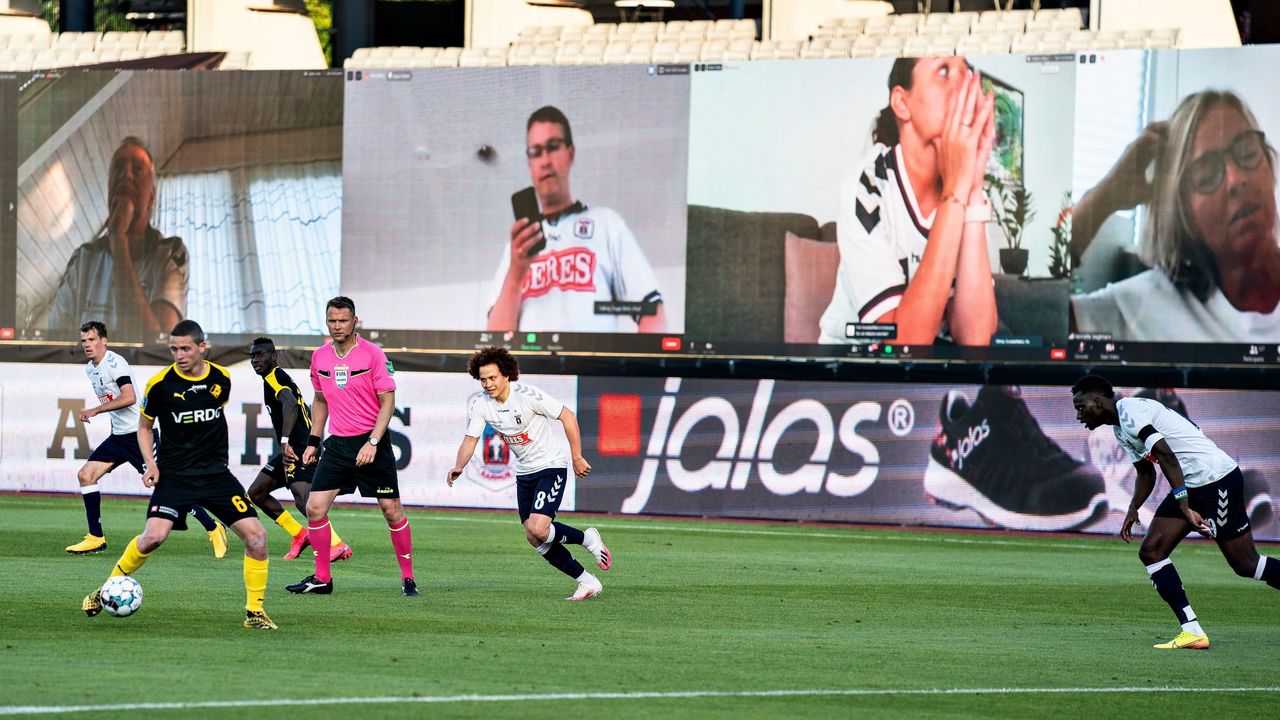
theScore: I imagine many fans feel torn about sports returning right now. They might have qualms about the health risks for those involved, while also understandably feeling excited to have this beloved product back. What are we to make of that friction? How can fans reconcile those conflicting feelings?
Mosher: "Fans" can't reconcile these conflicted feelings because health risks are based in science and rational decision-making and rooting for one's team is based on emotion.
Bowen: Americans have spent a lot of time thinking about it in light of recent concussion discoveries - the question of, "Are you ethically culpable if you're watching football, or wearing football jerseys, or going to games?" You know what's happening to the brains of the players. There's an argument that any consuming that you do, or any participation in that sport that you as a consumer have, you're either explicitly or tacitly supporting it.
I think it falls back on how one assesses the liberty question of the players playing the game.
Mintz: The large question is: How important is sports and broadcasting sports in our society? Quite frankly, I think it's very important. It may be the most important form of entertainment that we have. We've all been in mental anguish the last three months. Probably, sports have a wellness component to them. I think there's a responsibility of the sports teams to get started, if they can safely, as soon as possible for the good of society.
It's a balancing act. What are the benefits? What are the harms? The key thing is, again, you've got to have the controls in place to make it relatively safe. It's never going to be 100% safe.
Klein: Fans are really hungry for the games to return, for a number of reasons. You have the entertainment and escapism factor. But if that's all it was, there's plenty on Netflix to keep us occupied for years. A lot of classic games are being re-aired, and those are fun to watch. But they're just not the same thing as live, actual sports. There's a majesty to sport. There's a drama to it unfolding before you, even if you're thousands of miles away.
The connection that we have with each other through fandom is deep and important for fans. I think that's missing. We can connect in terms of, "Oh, I can't wait for this to get back going." But actual connection during the games and watching the games, I think, is something that we're excited to (have) back. Almost all fans, we understand the health concerns. We don't want it to come back in a way that's going to put anybody at any real serious, undue risk beyond what might already exist within the sport and life.
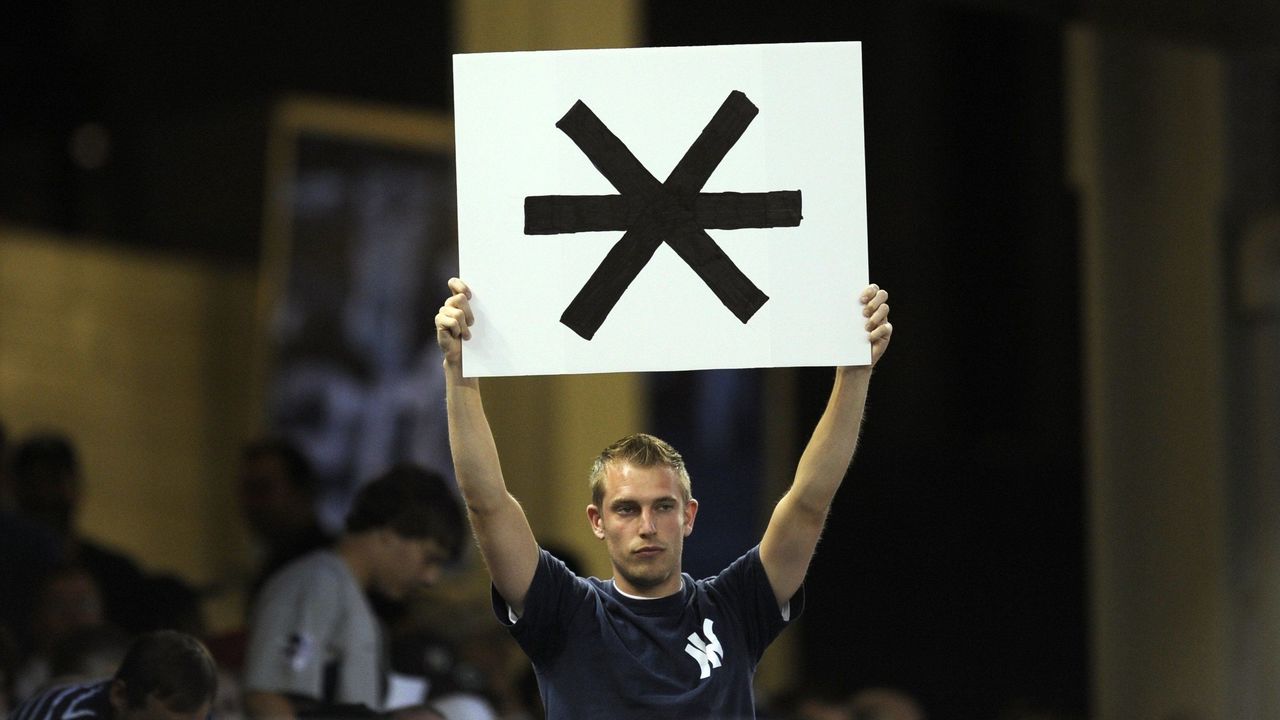
theScore: If the major leagues return with altered schedules or playoff formats, should the eventual champions have their accomplishments tagged with an asterisk?
Mosher: My own personal view is that the asterisk-ing of records is simply foolish.
Klein: No matter what, the season will always be understood as the "COVID season" in the same way that (with) strike-shortened seasons, it's always part of the conversation. It's going to be part of the history, as it should be. But I don't think there should be an asterisk there. They certainly still have to compete in those games and overcome the obstacles that are in front of them. At the end of the day, the champions that are crowned are going to have earned it. That strikes me as being deserved.
Mintz: The players didn't ask for this. It was an unforeseen event. Their accomplishments should not be belittled. In many respects, it might even be valued more, because they put their personal health at risk in order to provide a very highly valued entertainment product to the public.
Bowen: The funny thing about rules is they're all just these made-up human constructs. It's 90 feet to first base - that wasn't given to us by the gods. (This season) we're saying, "Here's how you win the trophy at the end." Everyone enters and says, "OK, we understand the rules." I would not put an asterisk by it. These are the human rules for this human endeavor that we're about to engage in. Once you guys all agree: "Ready? Begin."
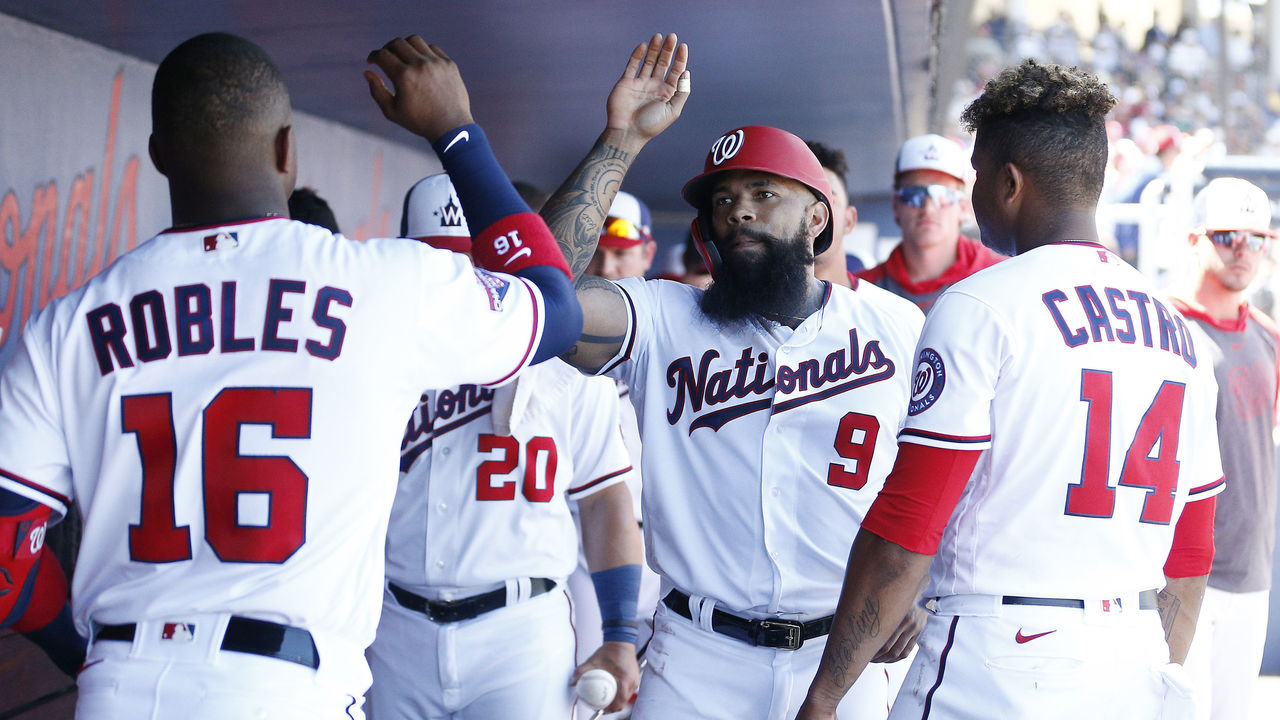
theScore: Are there any other points or ethical issues you'd like to discuss?
Mosher: As our semester came to an end online, many of my students wanted me to present to them an argument that we need sports to return. I simply wouldn't because human beings don't need sports, nor do they need competition. What all human beings have done throughout history is demonstrate the need to play. Would our society be less interesting without sport in it? Yes, but we would get by.
Klein: I think this absence has highlighted (two) important things: There are more important things in the world than sport, but also, sport is important to our lives and our sense of (self). Personally, as a fan, I'm looking forward to sport being back. I don't mind watching the Bundesliga. It's fun. But I want to watch the teams that I watch regularly again.
Mintz (via follow-up email): One thing I'd like to add, from an ethical perspective, is the notion of a common purpose. During these tough times, a sense of community is important. Our health depends on the actions of others. We should act responsibly, as should our neighbors. This extends to players themselves, team officials, and staff. It could include wearing proper protective equipment - (such as) masks when not on the field - sanitation, and frequent washing of hands.
My point is there is an "ethic of society" component that should be considered beyond compassion and empathy. Each sports league/team has to do everything possible to foster the community interest by protecting the players, officials, and staff - and the public, if and when fans are allowed back in the stadium.
Bowen: I am a little curious about what the messaging will be (when sports resume). These guys are guarding each other in basketball. The women's soccer league is opening in three weeks. "Oh, everything must be fine - let's go out and party and live our normal lives." I'm trying my best to follow what expert scientists are saying, not what sports leagues are doing, but humans aren't following the science. They're following the social trends.
In this case, the optics and the messaging could affect things like not mitigating harm and sending mixed messages, which people will then act on. The leagues need to be really aware of that. I feel like the leagues need to take that on as part of their social responsibility - to say, "Look, here's what we're doing. Stay at home and watch these games with your family. Be safe." That sort of messaging could go a long way.
Nick Faris is a features writer at theScore.
HEADLINES
- Maguire: 'Maddest game' sums up career at Man United
- Postecoglou hangs on 'a little longer' after Spurs battle to big win
- Latest transfer news and rumors: Barcelona done with Nico Williams
- Permutations in Europe: What's still at stake in final weeks of season?
- Amorim: Man United can still make disappointing season 'special'